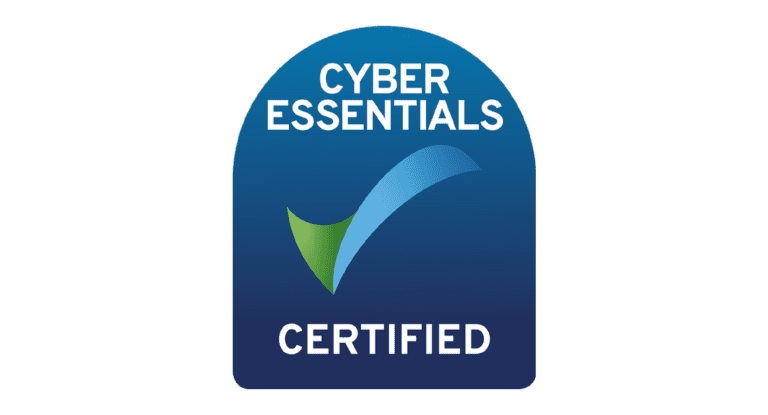We were asked by Maddyness UK to share our experiences, which we did in a series of articles. This time, in part two, we look at why incomplete founder agreements are risky, why ideas and brands must be protected and the importance of employee matters.
We do not pretend that our list of errors is complete or definitive. We simply hope that it is helpful, and will allow entrepreneurs and startups to avoid pitfalls that have otherwise been experienced by their peers in the past.
1 Incomplete founder agreement
Previously we highlighted the difficulties a failure to have any Founder Agreement can cause. But even if that agreement exists, unless it is comprehensive, it will not be worth the paper it is written on.
Without a Founder Agreement, the following problems can arise (explained in the context of a company, but equally applicable in relation to other structures):
- If an entrepreneur has been appointed a Director of the company but owns less than 50% of its share capital:
- they can be removed from office by the other shareholders at any time;
- the other shareholders can collectively take actions, without the entrepreneur’s consent, such as: creating charges over the company’s assets, moving the company’s registered office, appointing other Directors or engaging senior employees, changing the focus of the business, selling the company’s assets.
- If an entrepreneur owns 25% or less of the share capital, the other shareholders can vote to create more shares and issue them to whoever they want, including themselves (dilution)
- A shareholder can sell their shares to whoever they wish.
Whilst having an unencumbered right to sell shares is good news for the seller it is not necessarily good news for the entrepreneur or, for that matter, the company. It is very possible for the company to be saddled with annoying or disruptive new shareholders, potentially with significant influence because of the percentage of shares they now hold.
All of the difficulties referred to above can be dealt with in a Founder Agreement. For example, a provision can be included that if any shareholder wishes to sell their shares, they have to offer them to the other shareholders first or to the company for repurchase (which is also called a pre-emption right or a right of first refusal).
2 Insufficient protection of intellectual property
The lifeblood of a startup is normally its idea. Subsequently, that business will develop a brand, based on that idea. Both (which are normally included under the umbrella term of “intellectual property”) are crucial to the success of the business.
The law offers various protections both of ideas (through concepts such as patents and copyrights) and brands (through concepts such as trademarks, design rights and domain names). It is incumbent on the entrepreneur to ensure that those protections are put in place and are put in place quickly. The entrepreneur must, if at all possible, become the “first mover”, in relation to the idea, and then secure the brand.
By putting in place these protections, they will be able to maximise their competitive position. Other businesses will not, legitimately, have access to the idea or brand. If, however, those protections are not put in place (as often occurs), then the idea is potentially likely to be exploited by another business, including through a similar brand, and sometimes more successfully than by the person who came up with the idea.
3 Employment matters disregarded
Many startups will begin with just an entrepreneur. However, almost all expand to include employees. In the excitement of such expansion, key issues with employees are sometimes forgotten, for example:
- It is crucial that any employment arrangement is recorded in a formal, full contract. There is an old adage of “hire slowly, fire quickly”, but hiring mistakes are not uncommon. Entrepreneurs should consider including a probation period in any employment contract, to allow for an assessment of performance in the first few months and a short termination period if that performance is unsatisfactory. Allied to that, the contract should include a comprehensive role description, so that there is something tangible against which to assess performance.
- Any arrangement should include adequate protections (known as restrictive covenants), such as preventing the employee exiting with any ideas or confidential information of the business, or being able to poach the business’ clients or his or her former colleagues.
- Employment law is different all over the world. As such, there is no “one size fits all” arrangement for employees. Entrepreneurs need to consider local laws and their effect on employee relations.
- If an employee’s role changes, so might their tax status. A part-time, flexible worker may become a full time employee, or vice versa, and this may affect the business’ responsibilities to the relevant tax authority. If a business fails to properly monitor the status of an employee, it could face an expensive investigation, which, if it is found to be in default, might lead to retrospective charges, interest and penalties. A word of warning – in a world of shrinking tax revenues, authorities are increasingly unafraid to pursue potential non-payment.
Employment issues are important and disputes can take-up valuable time and energy from a startup business. As with many areas in relation to fledgling businesses, the small cost of specialist advice at the outset may avoid significant costs further down the line.
We’ll return with part three later this month, when we’ll look at matters including share incentives and the importance of getting commercial contracts right.






